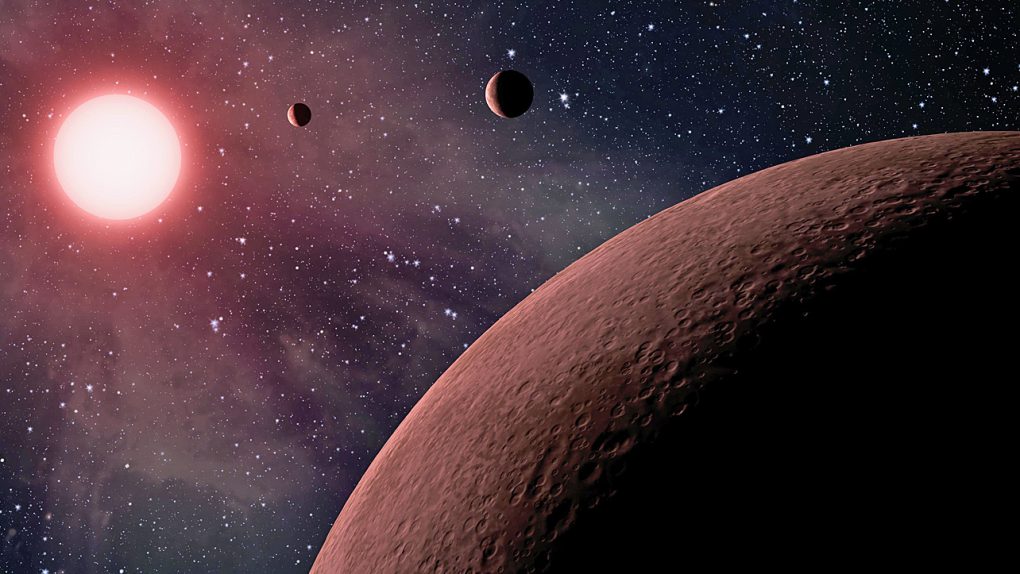The Kepler space telescope has already made an absolutely incredible number of discoveries during its eight-or-so years spying the skies, and it just delivered what could be its most interesting observation yet: 20 new exoplanets that have a really good chance of being within the habitable zone of their stars, including one that has an orbit very close to that of Earth.
Presented in a new research paper, the discoveries were made by a group of international researchers sifting through the incredible wealth of data that Kepler has relayed. The planets discovered aren’t yet fully confirmed — thanks to a glitch in Kepler’s recording of the spot in the sky where the new planets were found — but the researchers are still extremely confident that they exist, and that at least some of them are potentially habitable.
One of the planets specifically, designated KOI-7923.01, orbits its start in much the same way as Earth orbits the Sun. The new planet’s star is much cooler, and because of its positioning it’s actually likely to be a frosty, rocky world, but still warm enough for life to exist. What’s most interesting is that its orbit gives the planet a year spanning 395 Earth days, which is very, very close to what humans enjoy on our planet.
Further research from ground-based observatories will be needed to paint a clearer picture of the 20 new planets and confirm their existence beyond a shadow of a doubt, but it’s already looking pretty good.
Exoplanet research is incredibly vital to the survival of mankind on the longest scale. It’s no secret that the Earth could force us to look for a home elsewhere before long, with some of the brightest minds on the planet warning that we’ll likely need to abandon Earth in as little as 100 years, which is an incredibly short window with which to identify a suitable home elsewhere.
The colonization of Mars is certainly one possibility, but humans haven’t even set foot on the planet yet, and probably won’t do so for another decade or more at the very least. Finding an Earth-like planet outside of our Solar System is a massive challenge — and getting there is, at the moment, unfathomable — but if mankind intends to live on indefinitely, we’re going to have to do it sooner or later.








